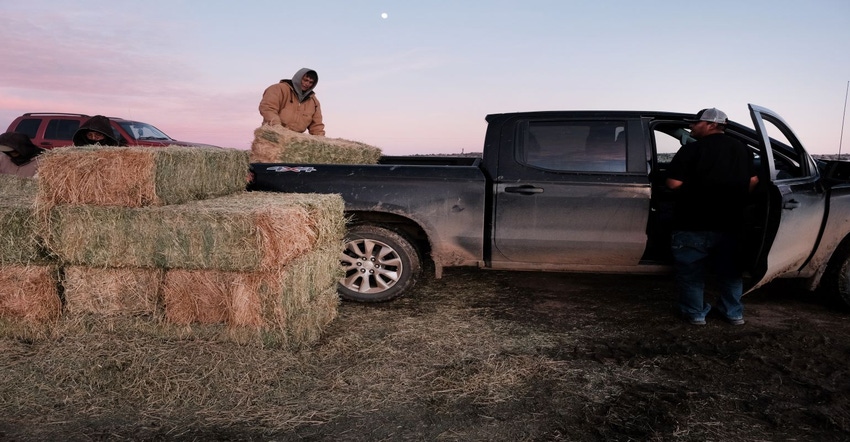
Let's trek to Coleridge, Nebraska, to a producer seminar sponsored by Security Bank. On this particular day, I was solo on the program; however, Brandon Baller, an agriculture lender at Security Bank, and Doug Johnson, of Moody's Analytics, assisted me in the question-and-answer session. Many written questions were submitted throughout the two-hour program. Several local FFA chapters were in attendance and one of the individuals asked a thought-provoking question, “How can a student be more involved in the business side of things of a family business or farm that we are working on?”
Being involved
Doug Johnson, of Moody's Analytics, had a very good response. He recommended that the student develop a cash budget for a certain field or enterprise on the farm business. The parents or business owners could share a portion of the financials without exposing the finances of the entire business. The cost of production and breakeven points could be developed and monitored throughout the year as production and price expectations change. This could be a particularly valuable experience in 2022 with inflating expenses, increasing interest rates, and the possibility of volatile prices.
Weather outcomes
The student could also monitor weather in the area, in other production regions, and internationally to see how it could impact local outcomes. Changes in technology, seed varieties, and crop management practices could bring real life situations to this specific element of the farm business. While Mr. Johnson’s response was focused on crop production, the same learning experience could be designed for a livestock enterprise.
One of my most valuable learning experiences decades ago in FFA was completing my vocational and agricultural teacher’s holiday assignment. We had to develop and complete a farm inventory of crops, livestock, machinery, and land and then develop a balance sheet for our family business. He would give us extra credit if we could get our parents to provide us with liabilities. The next step of the assignment was to develop a cash income statement.
My mother, who kept the books and maintained the finances, would compile this information, usually at the end of January, in preparation for completing financial statements for the lender. These statements jump started my career as an educator. Now you know how a little seed can ignite into much bigger things!
P.S.
My teacher, Mr. Greene, would gather all the data from the approximately 25 students taking the course and develop financial summaries. He then would calculate a few key ratios. One of his favorite ratios was the debt service to revenue ratio. Total principal and interest payments should never exceed 20 to 25 percent of revenues. This rule still holds true today.
Another one of the ratios he would have us calculate was the percent equity. On our small dairy farm, our percent equity at the time was 93 percent. My mother's biggest complaint to my dad was that the feed bill was often around $2,000 at that time. My parents were from the Great Depression era and started a farm from scratch with one of the first Farm and Home Administration loans of the 1930s. I remember my parents commenting that the Farm Service Agency (FSA) required intensive farm and family living records with line-by-line management. Perhaps this is where my interest in agriculture finance started.
I want to give a special shout out to Security Bank for the proactive transition plan that allows employees to purchase shares of the bank. This investment opportunity can be vital to many rural communities' stability and growth.
Source: David Kohl, which is solely responsible for the information provided and is wholly owned by the source. Informa Business Media and all its subsidiaries are not responsible for any of the content contained in this information asset.
About the Author(s)
You May Also Like






